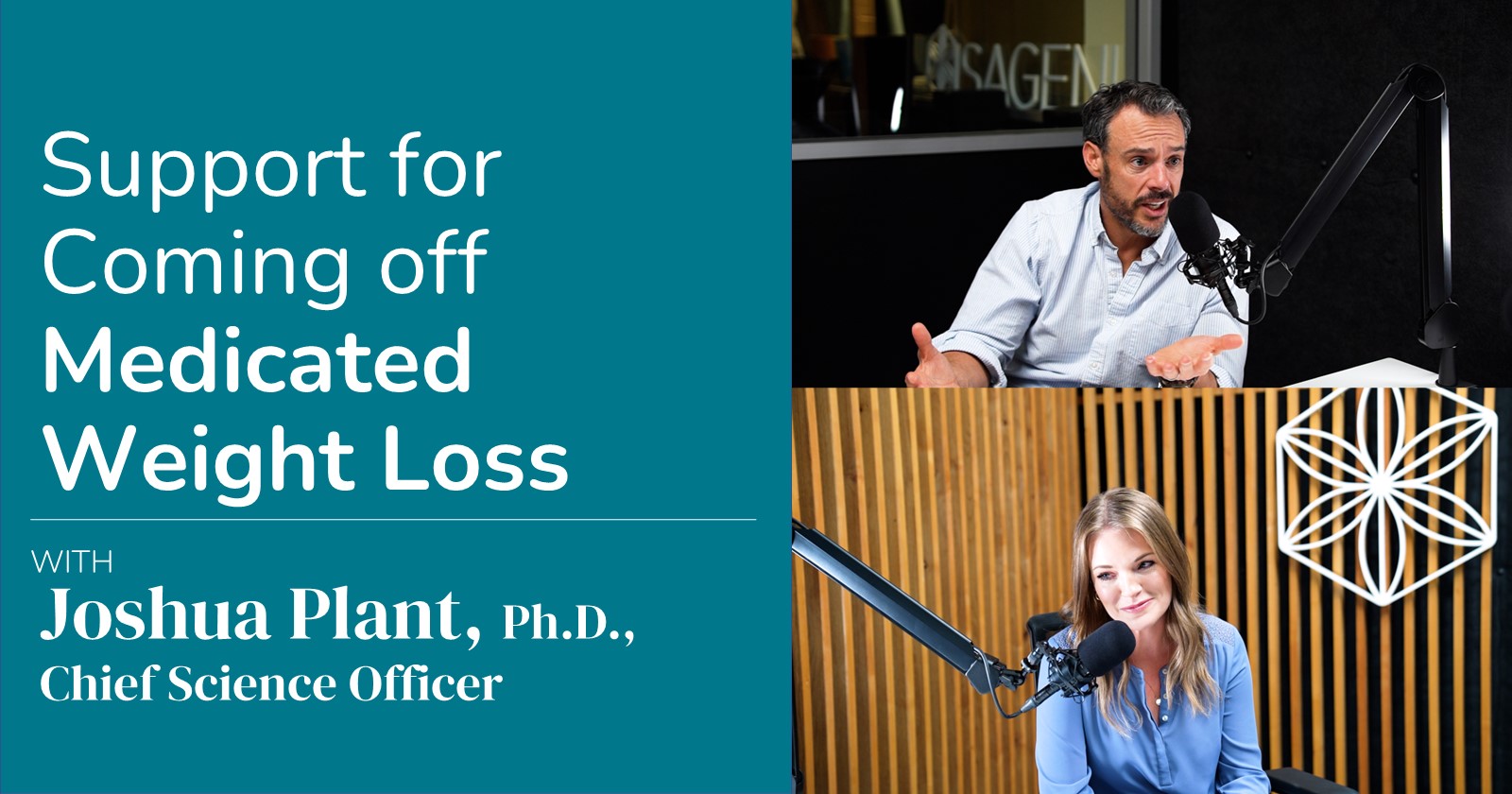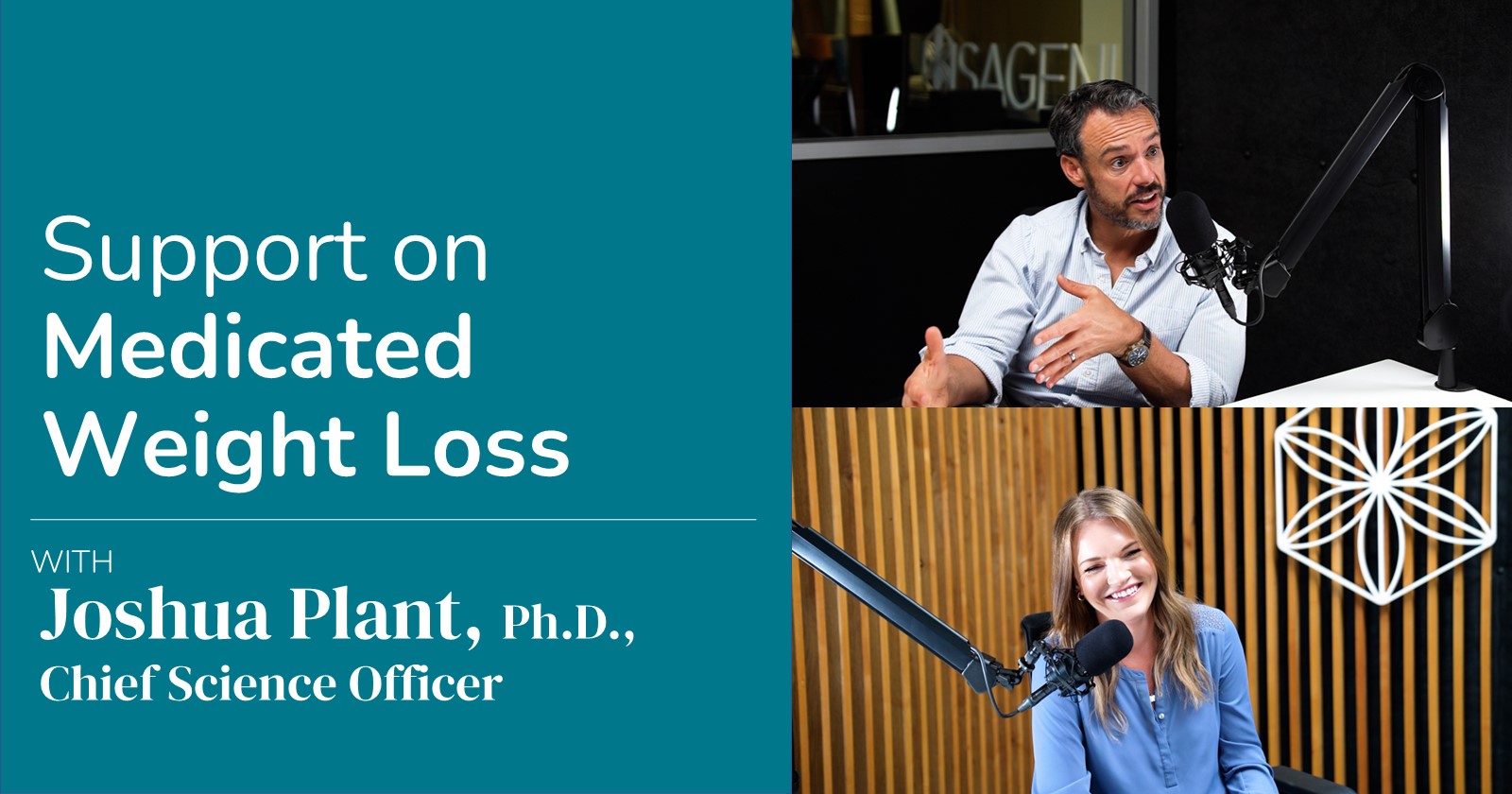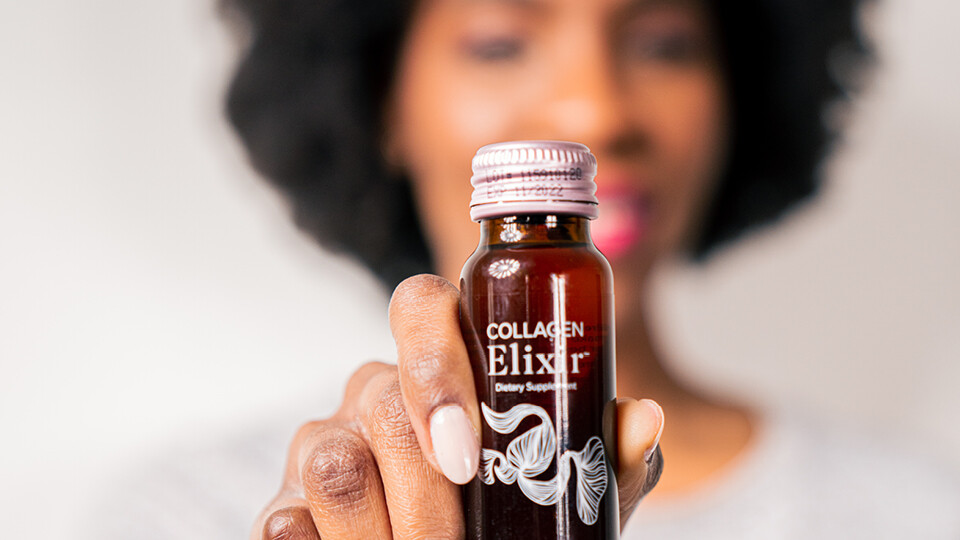Recent Posts
The Importance of Protein in Menopause
Menopause brings significant hormonal changes that impact body composition, particularly muscle mass and fat distribution. As estrogen levels decline, muscle loss accelerates, metabolism slows, and fat storage shifts to the abdomen. However, with the right [...]
Real Relief: How Harmonia Helps with Menopause
Menopause brings a wave of physical and emotional changes, but finding relief shouldn’t feel overwhelming. We’ve created Harmonia to support women through this transition with a science-backed solution to help ease hot flashes, night sweats, [...]
The Science Behind Harmonia’s Ingredients
Menopause is a natural physiological transition defined as the end of a woman’s reproductive and childbearing ability. In the United States, the median age of menopause is approximately 51 years (1) and is associated with [...]
Latest Podcasts
Featured Posts
The Isagenix Weight Management System Shown Superior to Heart-Healthy Diet for Weight Loss, Visceral Fat Loss, and Appetite Control in a Published Study
The Isagenix System of Cleanse Days and Shake Days led to greater weight loss and greater reductions in total body fat and visceral belly fat than a heart-healthy diet. The Isagenix System also outperformed the [...]
Isagenix Compares One vs. Two Cleanse Days per Week in a Clinical Investigation
Since Isagenix’s founding in 2002, the company has been at the forefront of nutritional cleansing, or, as it’s known more broadly, intermittent fasting. The combination of Shake Days and Cleanse Days defines the Isagenix weight [...]
Published Study: Collagen Elixir Substantially Improves Facial Skin Appearance
Isagenix’s Collagen Elixir™ is a scientifically formulated cosmeceutical that blends marine collagen peptides, goji berry, acerola cherry, and aloe vera extracts with skin-supportive nutrients such as vitamin C, zinc, and biotin. In collaboration with expert [...]
No Compromise Commitment
We know you care about what you’re putting into your body. Rest assured that Isagenix does, too. Our no-compromise ingredient policy is extensive, thorough, and is set up to ensure that our products are made in accordance with the best possible practices and are sourced from suppliers that meet our sustainable sourcing standards. Learn more about the Isagenix No-Compromise Commitment by clicking the button below.









